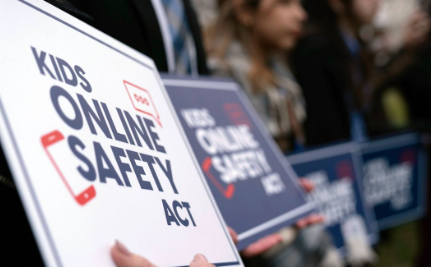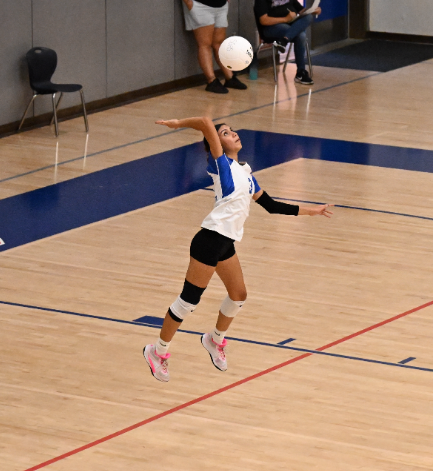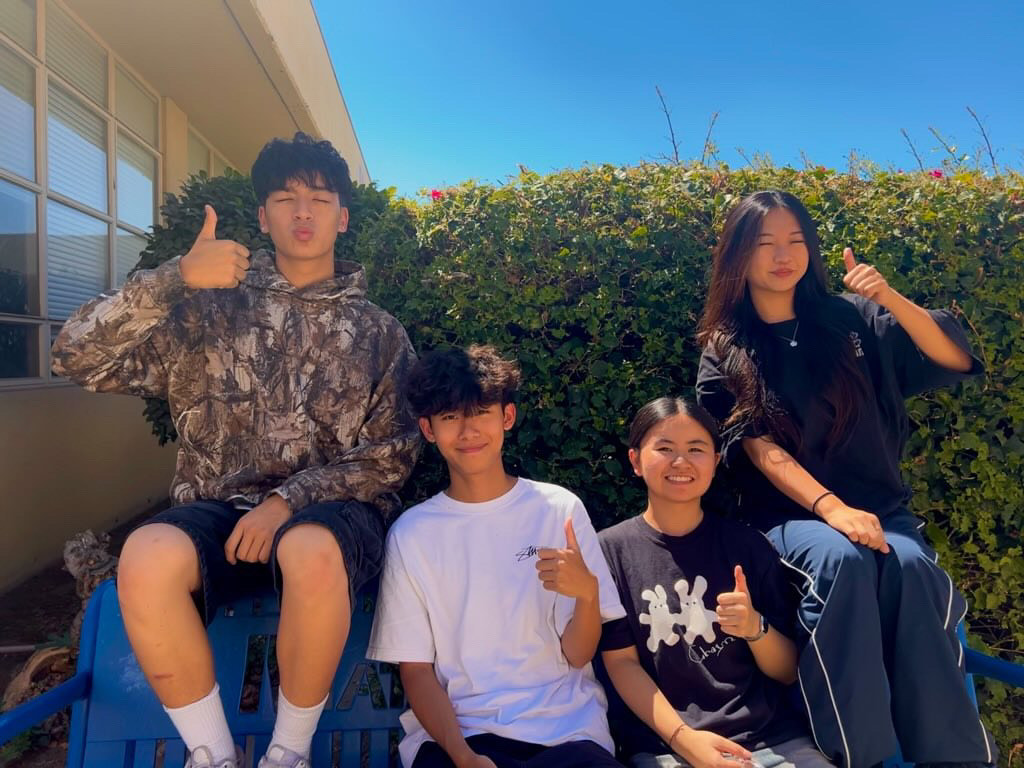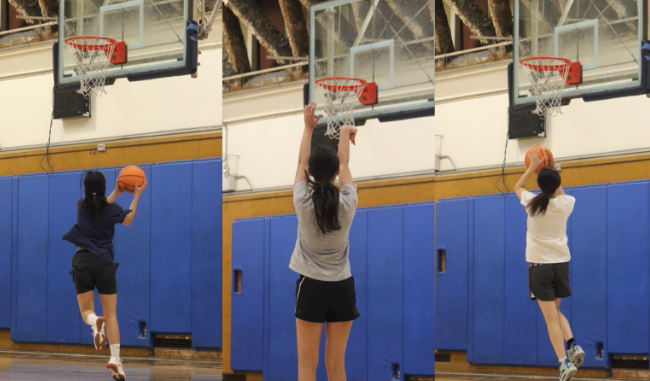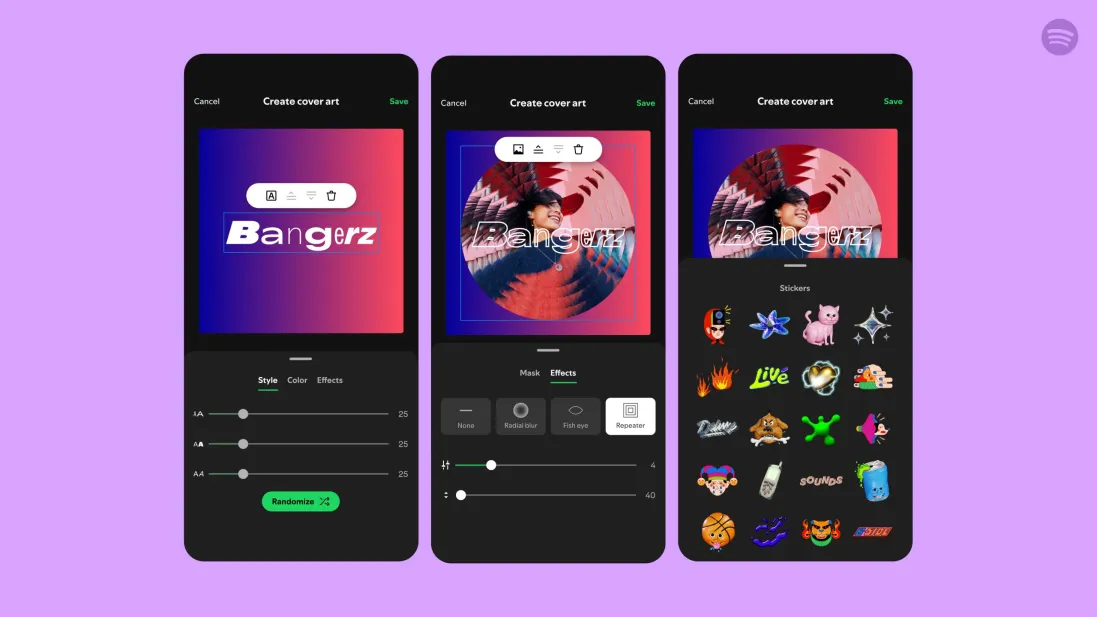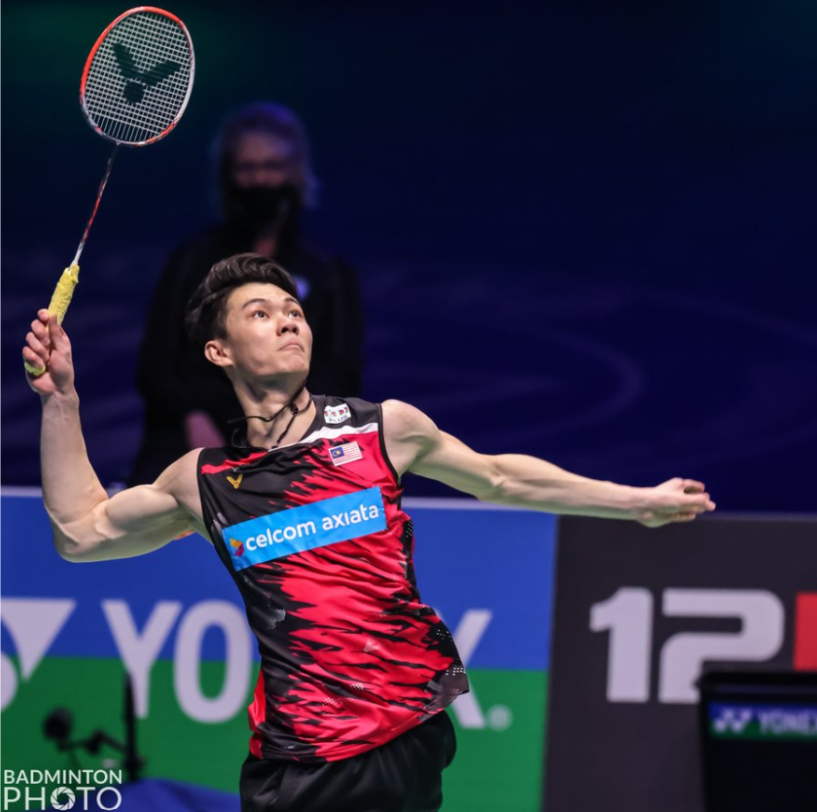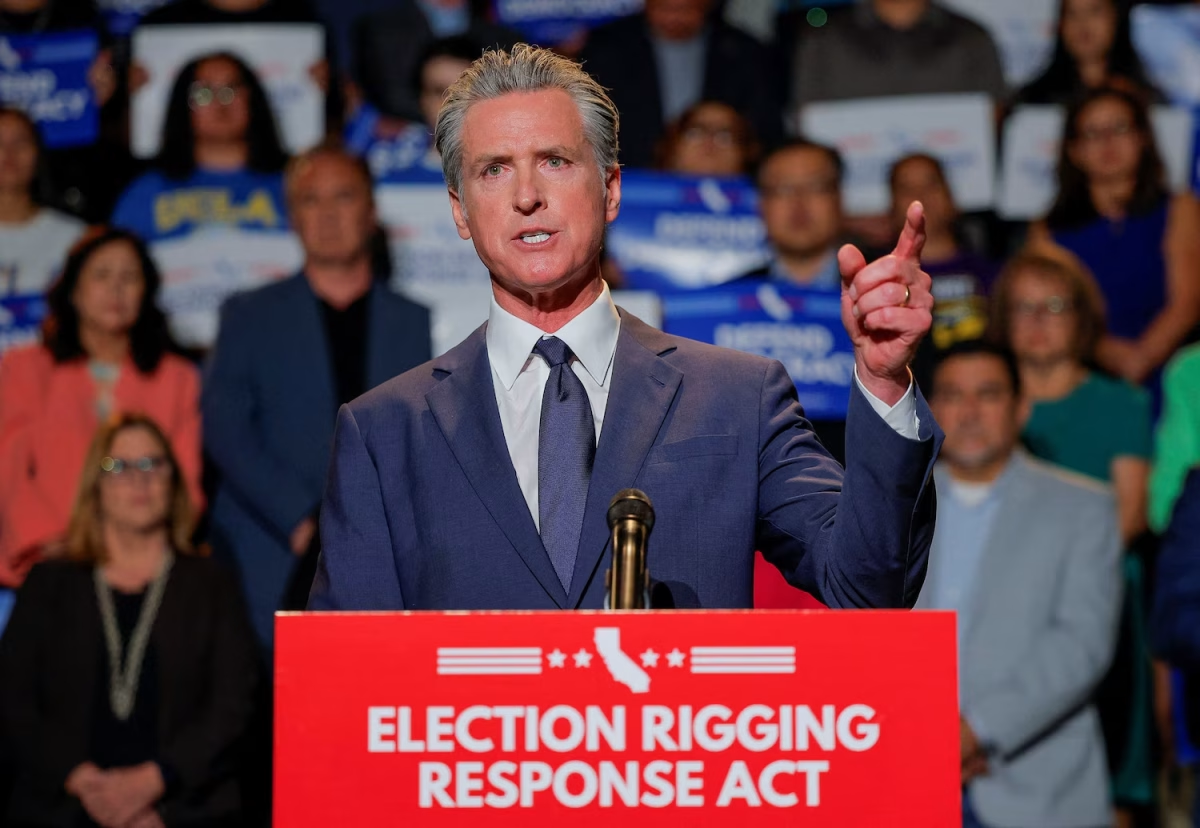From Nov. 9 to 14, 2024, the Badminton World Federation (BWF) Council conducted a series of Committee and Commission meetings in Kuala Lumpur, Malaysia. The series of meetings made several events-related changes to regulations, policies, and procedures.
One of the most crucial revisions involved the update of Medical Emergency Intervention procedure: in cases of suspected cardiac arrest or suspected concussion with blackout, a stand-by medical team is now allowed to enter the court without getting approval from the referee. This change is reflected in sections including “Instructions to Technical Officials,” “Instructions to Para Badminton Technical Officials,” and in updated versions of “Tournament Doctor Guidelines.”
The change is believed to be a response to the death of Chinese youth badminton player, Zhang Zhijie, in late June 2024. Zhang, competing in a youth match, suddenly collapsed on court at the Badminton Asia Junior Championships in Yogyakarta, Indonesia. The 17-year-old was later pronounced dead as a result of cardiac arrest at a hospital on June 30, 2024.
Subsequently released footage of Zhang’s match provided more details to the tragedy. As Zhang fell to the floor, a man was seen running to help him, yet stopped and appeared to look at the referee for further instruction. Without the referee’s permission, no medical teams were allowed to enter the court. This explained the pause of about 40 seconds before medics rushed to attend to Zhang after the boy’s collapse.
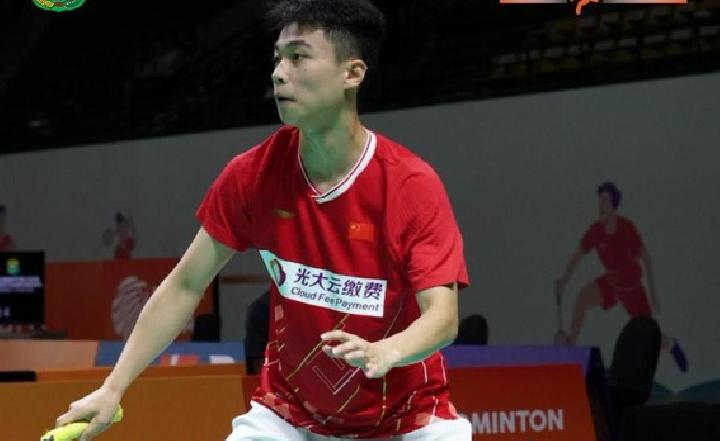
As a result, BWF had come under significant criticism about emergency response procedures at its events. Chinese users of social platform Weibo (微博) particularly questioned whether the medics “missed the ‘golden period’ to rescue him [Zhang]”, in which it led to the rising star’s death—a tragedy that could have been avoided in the first place.
Now, with the events-related emergency response being refined, players with suspected risk at life are ensured responsive medical attention, increasing their chances to be resuscitated. Other than that, BWF also modified other medical regulations—but not in a favorable way.
A controversial decision had been made when BWF removed the allowance of one cold spray per player per match. Cold spray, or topical analgesic spray, provides immediate, temporary relief from minor injuries and muscle pain. While players will not be provided cold spray by the Tournament Doctor during intervals, they can still apply cold spray to themselves (or by a team medical staff member) only during intervals. Yet, players are prohibited from receiving any kinds of medical treatment during a game and must wait until the interval under the new regulation.
Soon, several world-class badminton players proved to the BWF that this decision was detrimental.
One month after the BWF meetings, the World Tour Finals (WTF) was held in Hangzhou, China, in December 2024. Malaysian men’s singles player, Lee Zii Jia, was leading 13-5 in his second game against China’s Li Shi Feng before injuring his right ankle. Due to the new medical regulations, Lee was denied immediate treatment, strapping, or spraying by tournament officials. Despite his efforts to continue, the player was overwhelmed by pain, and had to retire while leading 15-11. Lee was eventually taken off the court in a wheelchair.
Another player who faced similar misfortune was Indonesia’s Fajar Alfian. Partnering Rian Ardianto, Alfian sprained his ankle during their match against the Malaysian pair, Aaron Chia and Soh Wooi Yik. Repeatedly, Alfian was denied treatment. The Indonesians had no choice but to struggle through a three-game defeat.
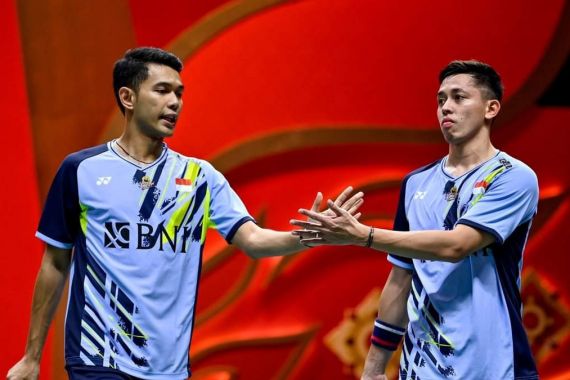
“We are not happy with this new medical ruling and hope that BWF will review it,” said Alfian, “Players should be allowed immediate treatment when injured.”
More players are voicing concerns about the amended medical procedure, with some expressing their fear of viewership being prioritized over their safety. It is certain that debates over these amendments will escalate when similar, or even more severe incidents take place in the future.


